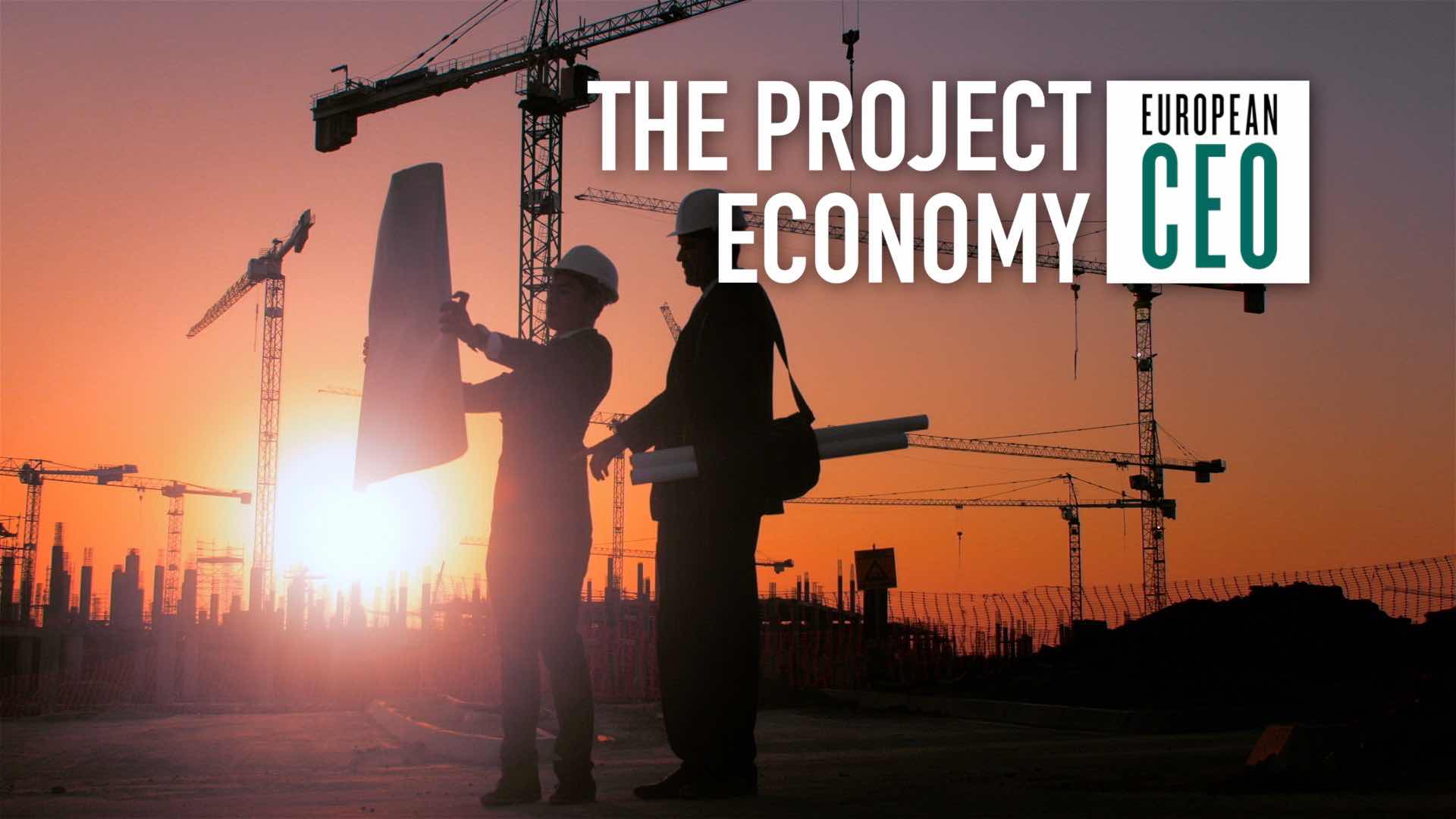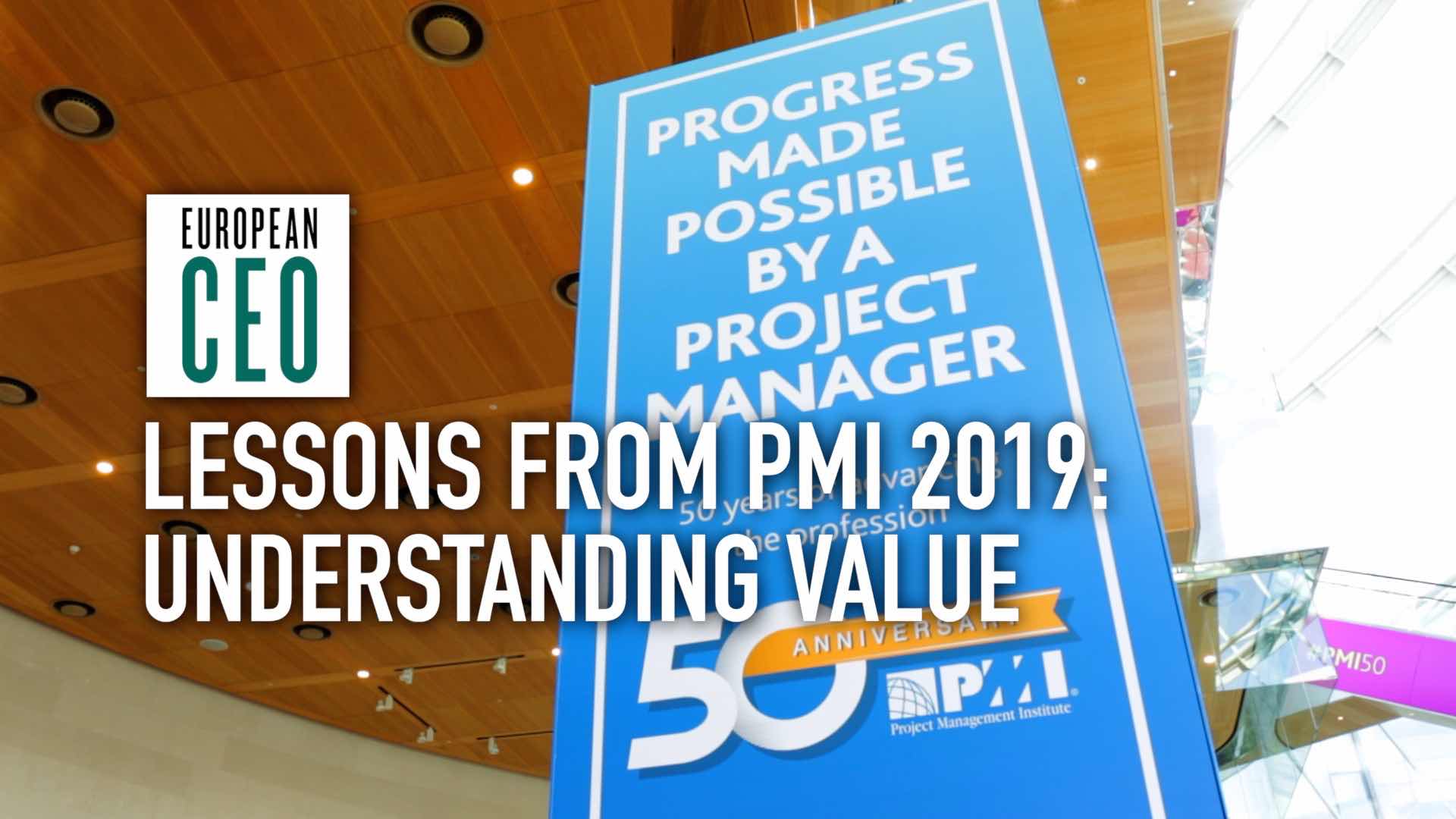Focusing on individual careers in project management
Mark A. Langley explains the benefits of the Project Management Institute's PMP certification
Transcript
The Project Management Institute works with more than three million people in over 200 countries – helping project managers transform the way businesses operate. For PMI CEO and President Mark A. Langley, there’s no more pivotal responsibility in the world. As part of this focus, PMI has developed its Project Management Professional certification – the PMP – to help those people who want to dedicate their careers to project management set themselves apart. Mark outlines the mission of the PMI to support project and programme managers, and explains how the PMP is helping individuals and organisations across the world.
Mark A. Langley: For PMI, from our founding, we’ve really been focused on the individual project and programme manager. Working with organisations, in the organisation context, was absolutely critical to understand the needs in an organisation; but our focus has been and will continue to be on the individual.
So we want to help the individual from their first interactions with PMI; all the way through their career. And that’s really our focus.
European CEO: The Project Management Institute works with more than three million people in over 200 countries – helping project managers transform the way businesses operate. For PMI CEO and President Mark Langley, there’s no more pivotal responsibility in the world.
Mark A. Langley: How often do you get an opportunity to work on the most important strategic initiatives of an organisation? And that’s really what project and programme managers are doing: facilitating change, but also delivering incredible strategic value to an organisation.
Project management is one of the few professions where we’re seeing an increase in the demand for project management, and therefore project and programme managers, all over the world.
And that’s a result of, really, a recognition by organisations that all strategic change happens through projects and programmes. And there’s a demand just from growth. There’s a key element from the growth of organisations globally. And we can see that there’s a talent gap being created. So there’ll be more project management positions available, for which there’ll be no-one qualified. Unless, individuals and organisations, and organisations like PMI, put a focus on the careers and development of those individuals, so they’re ready to lead those major initiatives.
European CEO: As part of this focus, PMI has developed its Project Management Professional certification – the PMP – to help those people who want to dedicate their careers to project management set themselves apart.
Mark A. Langley: It’s a critical, professional credential, so there’s significant requirements. There’s experience, there’s education, there’s an examination. And it’s supported with a renewal. So you take ongoing education credits and experiential credits to maintain the certification. So it’s very much like a licence, minus the licence part.
From an organisation standpoint, what they tell us is that PMI standards and certifications allow a common language and framework. And that’s a really significant benefit to them, because regardless of where they are in the world, regardless of the national language they speak, they’re speaking the same project management language, they use a common framework. Standards like PMI’s PMBOK guide. And that enables them to conduct business no matter where they are.
And the same is true of an individual. The individual working in project management gets significant benefit from being aligned with PMI, because the portability between sectors is a real career enabler for them. So we’ve had individuals that work in organisations – say one sector information technology, moving to another, banking, moving to another, pharmaceuticals. And they’re aligned with the standards and frameworks of PMI, which enables them to do that. So from a career perspective, that portability and transportability into other sectors is a real value.
But mainly it’s around recognition in the organisation, and that recognition comes back in the form of greater opportunity in terms of experiences in that organisation, and ultimately compensation.


 The Project Economy: What it means for the world, business, and you
The Project Economy: What it means for the world, business, and you PMI: There’s a lot of work to be done in the discipline of transformation
PMI: There’s a lot of work to be done in the discipline of transformation Understanding and delivering value | PMI EMEA Congress 2019
Understanding and delivering value | PMI EMEA Congress 2019